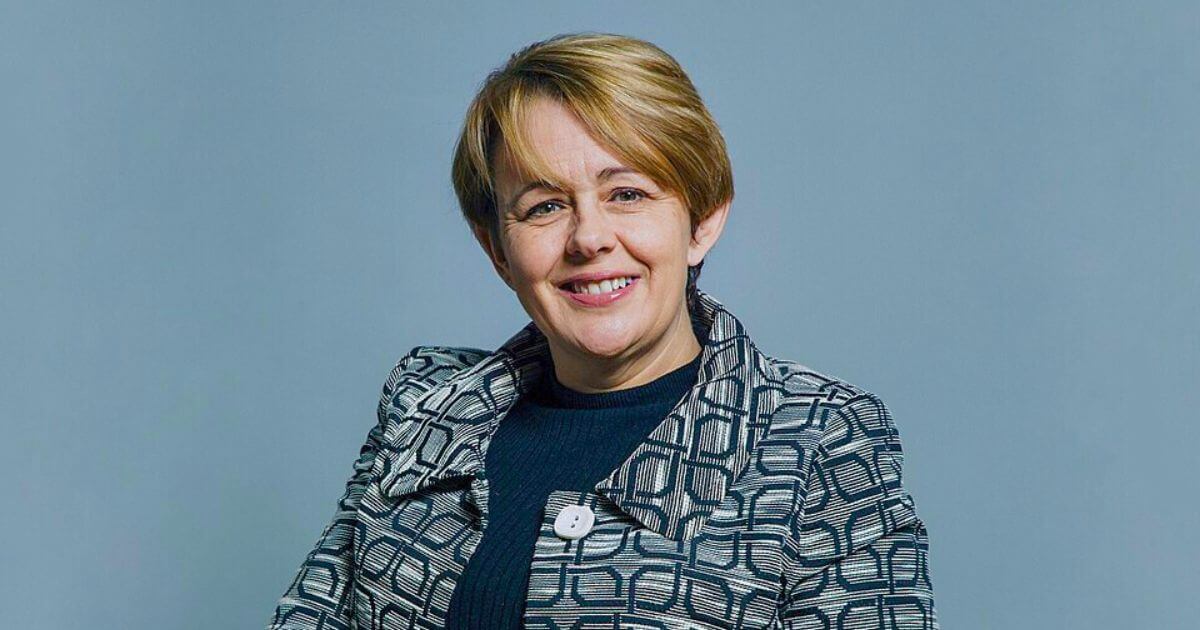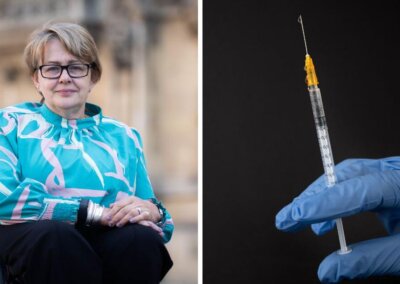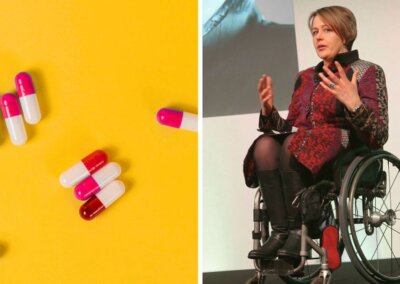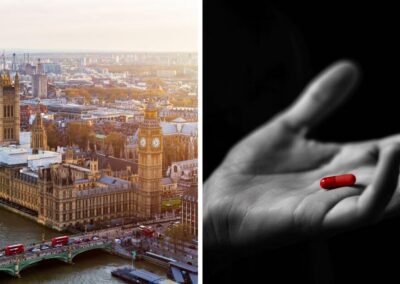Former Paralympian, Baroness Tanni Grey-Thompson, has warned if assisted suicide becomes legal, it will “fundamentally” change the relationship between people with disabilities and society.
Baroness Grey-Thompson also said that disabled people who have contacted her are “absolutely terrified” at the prospect of the legalisation of assisted suicide in England and Wales.
As Government plans to cut between £5bn and £6bn from the welfare bill through cuts to disability benefits have come to light, the Baroness told a gathering of parliamentarians and campaigners that she has recently noticed an increase in “low-level discrimination” against disabled people in society, which has “risen remarkably”. She said “I was in central lobby, I came out of a debate the last time we were doing this. Somebody stopped me and said, ‘If my life is like yours, I’d want to kill myself’”.
“So I’m really conscious of all these challenges that exist for disabled people”.
Speaking at a meeting in Parliament that offered the opponents of Kim Leadbeater’s assisted suicide Bill who were not invited to share experiences during Committee Stage an opportunity to share their opinions, Baroness Grey-Thompson noted that police and doctors struggle to “spot coercion in domestic abuse relationships”.
“So why is it they are going to suddenly be able to spot it [when it comes to assisted suicide]? They’re not”.
People with disabilities “absolutely terrified” by Leadbeater Bill
Assisted suicide “fundamentally changes our relationship with society. Every disabled person who writes to me – and they do write quite a lot – is absolutely terrified about what this means for them”.
Actress and activist Liz Carr, who described the prospect of legalising assisted suicide in the UK as “terrifying” in her BBC documentary Better Off Dead?, also shared her concerns around coercion under the Leadbeater Bill, specifically the fact that doctors can raise assisted suicide with terminally ill patients. Carr said “When you are unwell, you go to the doctor, you go to the expert, and as confident that we like to think we are, as an all-encompassing, in-control, autonomous being, when a doctor tells you something might be a solution, you listen to them”.
She added “That is an abuse of power, and I believe that is a coercion”.
“The worst is that we choose it for ourselves, because there is no other option”.
Labour MP Jess Asato, who was also at the meeting, summed up Carr’s point about the Bill’s dangers for people with disabilities in a post on X, saying “[Liz Carr] spoke of the terrifying power medical practitioners have by being able to raise the issue of assisted dying with patients and the way that is influenced by society’s view of some disabled lives as not worth living”.
Concerns about doctors raising assisted suicide with patients
This point was made during the fourth week of Committee deliberations on the Terminally Ill Adults (End of Life) Bill, when MPs on the Bill Committee rejected an amendment that would have protected patients against a registered medical practitioner raising the option of assisted suicide without the patient raising it first.
MPs from across the political spectrum expressed serious reservations about the possibility of doctors raising assisted suicide with patients unprompted, and it is possible some MPs will change their vote in light of Leadbeater’s rejection of this safeguard.
Labour MP for Blackpool South Chris Webb told the Guardian last year “I’m uncomfortable that it allows doctors to suggest to patients they could take their own lives and believe this needs to be removed from the bill”. Similarly, fellow Labour MP Mike Tapp said to BBC News “It should only be discussed if it is raised by the patient”.
Liberal Democrat MP Roz Savage said “I’m especially concerned that healthcare professionals must not proactively suggest assisted dying as an option – it should be left to the individual to make that suggestion”.
Echoing Carr’s concerns about coercion, Baroness Ilora Finlay, a consultant in palliative care, warned that a doctor’s suggestion of assisted suicide might lead patients to feel their lives are undervalued, stating “If a doctor suggests something to a patient they will often take the advice as the best thing to do. The subliminal message is very coercive”.
People with disabilities “should be protected from coercion, abuse and discrimination”
The danger of people with disabilities facing coercion was also highlighted at other stages during the Bill’s passage through Parliament.
During the debate at Second Reading, Labour MP Rachael Maskell said “Intrinsic coercion is very real, not least where the law has changed—rapidly becoming an expectation, verbalised as a duty to die. In fact, not wanting to be a burden is cited as a major reason to opt for an assisted death, alongside loss of dignity, loneliness, and needing personal care, yet every day, disabled people live in this reality”.
During Committee Stage, several MPs discussed the prevalence of coercion and the difficulty in detecting it. Rebecca Paul MP struggled to believe the practitioners of assisted suicide/euthanasia who gave evidence to the Committee in January, who said there were no cases of coercion. While not doubting their testimony, she implied that there may have been coercion that they simply did not detect.
Spokesperson for Right To Life UK, Catherine Robinson, said “We would be naive to ignore Baroness Grey-Thompson’s warning that people with disabilities are ‘absolutely terrified’ by Kim Leadbeater’s reckless Bill”.
“A dangerous assisted suicide law is actually the last thing people with disabilities need. They should be protected from coercion, abuse and discrimination, and supported to live well, rather than being offered assisted suicide”.












